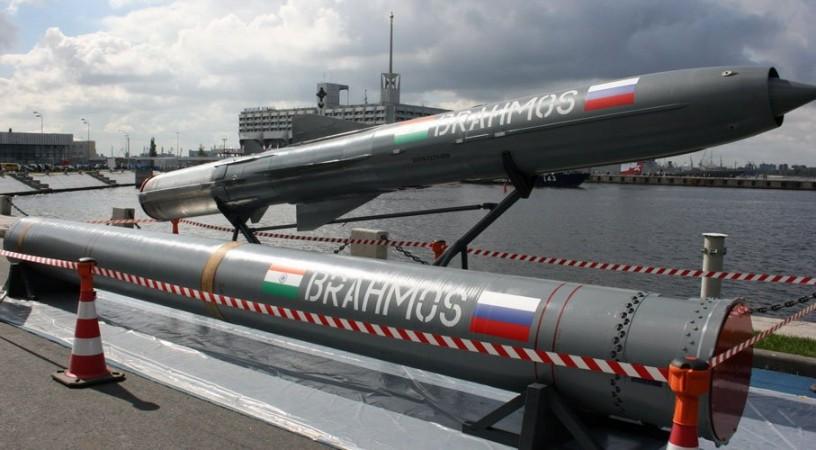
Prime Minister Narendra Modi's Independence Day announcement of installing a Chief of Defence Staff (CDS) is aimed at ensuring better coordination among the three services and the increasingly relevant Strategic Forces Command (SFC) in charge of the nuclear force under the Nuclear Command Authority.
Though the government is yet to reveal the exact nature of the CDS and the process of appointing one, it is believed that the high office will be the single point of advice to the Cabinet on matters of defence. The need for a single-point command was apparently felt all through the 1999 Kargil war and when Pakistan Air Force (PAF) planes intruded across the Line of Control (LoC) in Kashmir on February 27. They were responding to the Indian Air Force's (IAF) bombing a day earlier of Jaish-e-Mohammed (JeM) training camps deep inside Pakistan's Balakot to avenge the Pulwama terrorist attack.
Although the demand for a CDS post arose soon after the 1999 Kargil war, the naming of the office itself points to the likelihood of the induction of an officer of the five-star general's level, outranking the three service chiefs who are of the four-star rank.
There is a likelihood that one of the three service chiefs could be made the first CDS, reports suggest. Being the senior-most commanding officer, Air Chief Marshal Birender Singh Dhanoa, who is also the Chairman of the Chiefs of Staff Committee, is a strong contender for the post of CDS. However, some reports suggest Army Chief General Bipin Rawat, who is also in charge of modernisation and integration of the defence forces, may be promoted to the post of CDS.
There is already an Integrated Defence Staff (IDS) command in the Ministry of Defence (MoD) formed in 2000 after the Kargil war when there was a criticism of chinks in the seamless operational integration of the Indian Army (IA) and the Indian Air Force (IAF). The separate divisions for space operations, cyber operations and special forces that the government has already created will likely report to the CDS.

The role of the CDS, discussed in detailed by the National Security Council Secretariat that advises the Cabinet Committee on Security over several years, will take some time to be defined. However, military experts say the decision is in line with the military hierarchy that major forces of the world are increasingly adopting. When speed is the essence of future warfare with seamless coordination among the different commands, a single authority is considered essential.
There is also speculation that the role of the Chiefs of Staff Committee will have to redefined after the creation of the office of the CDS. Currently, the Chiefs of Staff Committee advises the office of the Defence Minister and through it the Cabinet Committee on Political Affairs on military matters that require the consideration of the MoD headed by Defence Minister Rajnath Singh. The Integrated Defence Staff is the main arm and secretariat to the Chiefs of Staff Committee.
The creation of the post of CDS will also strengthen the implementation of India's 'Cold Start Doctrine' that has a quick response as its main plank. India has already begun deploying Integrated Battle Groups (IBGs) with the ability to deploy quickly for deep strikes on the enemy soil marking the beginning of the implementation of the doctrine.
The IBGs are self-contained units under a major-general's command and centred around T-90S main-battle tanks, with a mix of infantry, artillery, air defence, signals and engineering corp personnel. Initially, the IBGs will be stationed in Jammu, Punjab and Rajasthan, reports say.









!['Had denied Housefull franchise as they wanted me to wear a bikini': Tia Bajpai on turning down bold scripts [Exclusive]](https://data1.ibtimes.co.in/en/full/806605/had-denied-housefull-franchise-they-wanted-me-wear-bikini-tia-bajpai-turning-down-bold.png?w=220&h=138)



